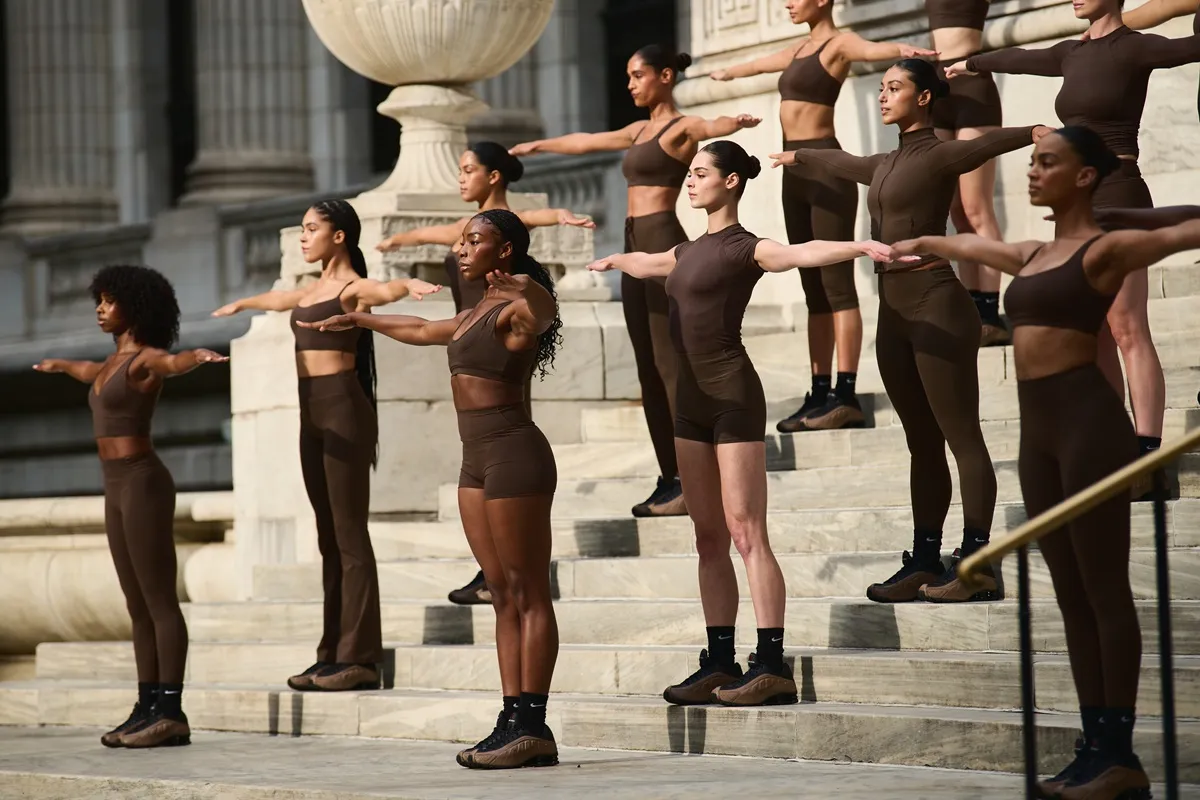‘Survivor’: 15 Rules the Contestants Must Follow
Survivor has featured hundreds of castaways over 40 seasons. But before they start voting people off the island while competing for a $1 million prize, the contestants must sign an extremely detailed nine-page contract known as “the rulebook.”
The rules do vary a bit each season and are always subject to change. But there are some things that have been absolutely non-negotiable since the reality competition premiered over 20 years ago.
Here are 15 rules that Survivor castaways must follow.

15. ‘Survivor’ contestants agree to being filmed 24/7
The contestants can be in the game for up to 39 days. As long as they are on the island, they agree to being filmed 24/7. There is no privacy while playing Survivor. Contestants can be filmed while naked, and they can also be filmed when they don’t know a camera is on them.
14. They must obey all local and United States laws
When potential contestants sign the contract before the final round of casting, they agree to follow all local laws of the foreign country they are in, as well as the laws of the United States government.
13. The ‘luxury item’ is truly all they can bring
Each contestant arrives with their “luxury item” for the show, and that’s the only personal item they are allowed to bring.
12. ‘Survivor’ contestants must have their clothing approved
Before the castaways are taken to the filming location, the production team goes through their luggage to approve their clothing.
They have to make sure no one is sneaking in prohibited supplies. They’re also making sure that everyone is wearing different colors. And that the camera can capture their respective wardrobes.
11. Logos must be CBS-approved
There are extremely strict rules about logos on Survivor. Contestants can’t wear any corporate logos that Survivor or CBS doesn’t have any sponsorship or advertising deals with. “Boston Rob” Mariano wore a New England Patriots hat during season 4. But in all of his appearances since, he’s rocked his famous Boston Red Sox cap.
“A lot of people don’t realize this, but Survivor had pretty staunch partnerships with different brands,” Mariano told Parade magazine. “And Reebok was a major brand that sponsored Survivor. At the time, they had the contract with all the NFL teams, but none of the MLB teams. It always switches year to year between those sports leagues. That particular year, Reebok happened to have football.”
10. They have to be medically cleared
Before a potential contestant can officially be cast, they must disclose their medical history so that vital medication is available during filming. Survivor also makes sure that each cast member is physically able to play the game.
9. ‘Survivor’ castaways are forbidden from speaking before and after challenges
When the castaways are being transported to and from challenges, they are “forbidden” from speaking to each other. This rule also applies to “a certain time period before leaving for Tribal Council.”
“This is to prevent strategies that cannot be filmed from being discussed,” the contract reads. Basically, they want to make sure the cameras capture all of the drama.
8. Contestants must remain at their tribe’s camp
The contestants are always divided up into tribes when they first arrive on the island. Per the competition’s rules, no contestant is allowed to visit the camp of an opposing tribe or communicate with other tribe members. This rule has been broken on camera before, but no punishments so far.
A lot of areas are off limits to the castaways — including the Survivor crew’s base camp. If a contestant attempts to go to another camp, speak with an opposing tribe member, or enter an area designated “off limits,” it is grounds for elimination.
7. No deliberate injuries allowed
The contestants can get physical and rough during challenges. But any attempt to deliberately injure another cast member will result in an automatic elimination.
6. ‘Survivor’ castaways aren’t supposed to steal
The Survivor rulebook states that contestants are not allowed to steal from one another. All personal property is off limits, including the luxury item, clothing, and anything the producers give them. This rule has been broken, though.
For example, season 7 Pearl Island started out with contestant Rupert Boneham stealing the shoes of the opposing tribe members. But, since the season had a pirate theme, the producers let it slide.
5. Cast members are never alone
Because of safety concerns, the cast members are never left alone in the wilderness. Even if they are a tribe of one, like Stephenie LaGrossa in season 10 Palau. A contestant will always have a camera person with them if they venture out on their own, and they are allowed to talk to the crew. The production team, however, is not allowed to respond.
4. Contestants must not disturb the environment
Back in the early days of Survivor — when each season was shot at a different location — executive producer Mark Burnett was always adamant about leaving the environment exactly the way they found it. The rulebook still has a clause about damaging the environment, and it is cause for elimination.
During season 2, Burnett and contestant Colby Donaldson faced massive fines and legal action in Australia when Colby broke off pieces of coral in the Great Barrier Reef.
3. Hunting is for food purposes only
Contestants are allowed to fish, hunt, and forage for food. But the hunting is for food purposes only, not for sport. And producers must double check all of the fruits, plants, and wildlife to make sure it’s safe to eat.
2. They must vote at Tribal Council
Every contestant at Tribal Council is required to cast a vote. The vote must be written down on paper and said out loud to the camera. And, the contestants aren’t allowed to vote for themselves.
1. ‘Survivor’ contestants can’t scheme to share the prize money
Alliances are everything on Survivor. But the one thing that a contestant can’t promise another is sharing any portion of the $1 million prize that the sole survivor wins. Each contestant that is voted off is compensated for being on the show.
The first person voted off receives $2,500, and the runner-up gets $100,000. Everyone else in between is compensated somewhere in that range, based on the order they are voted off. And, everyone receives a $10,000 payment for appearing on the reunion show.
It should also be noted that the winners must pay taxes on that $1 million prize. Which is something that season 1 winner Richard Hatch learned the hard way. He ended up doing four years in prison for not paying income taxes on his Survivor winnings.
Survivor 41 premieres Wednesday, Sept. 22 on CBS.


